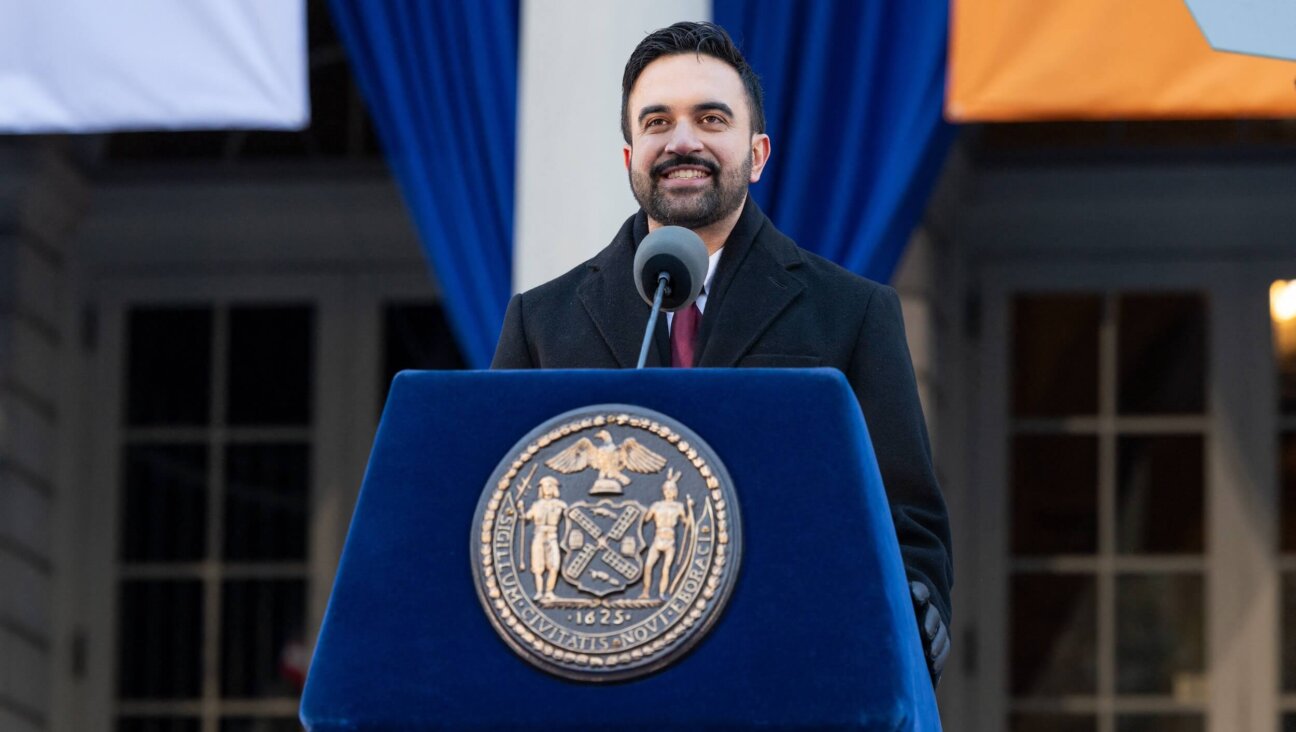Survivors Say Compensation Fund Misled Them
Some Holocaust survivors are alleging that a restitution organization misguided them into paying $50 to apply for a compensation fund that they had almost no chance of receiving. Emily Kessler, 87, said that the Manhattan-based United Restitution Organization charged her $50 to process her application for a German pension fund. Kessler claims the legal assistance group, founded in 1948, failed to mention that the German pension program was strictly for “willing” laborers who worked under the Nazis in a ghetto for remuneration. The group denies it in any way misled her.
Kessler said she was shocked and angered when a social service office in Germany rejected her application to its ghetto pension fund because she was a slave laborer and not a “free willing” employee.
“It was a slap in the face,” Kessler told the Forward in a telephone interview. She called the German fund “humiliating” because she said the fund wrongly suggested that the Nazis were paying workers in the ghettos for their labor.
Kessler, a survivor living in Manhattan, is one of thousands who were rejected from the ghetto pension fund, according to survivor advocate Eva Fogelman, a Manhattan therapist who runs a psychotherapy program for survivors.
“The United Restitution Organization did not properly explain the fund to Emily Kessler when she applied,” said Fogelman. “Thousands of survivors have been rejected because nobody fits the category to begin with. Is the German government making a mockery of us? Why say you’re giving a fund when nobody is eligible to begin with?” Fogelman said. Kessler is Fogelman’s patient.
The office administrator of the URO, Lilly Rosenbaum, said that survivors were warned before they applied that many of them would not be eligible. “We explained that there’s a difference between slave labor and paid labor,” she said.
One legal assistance organization, the New York Legal Assistance Group, has been processing the ghetto pension applications for free. Laura Davis, who directs the legal assistance group’s Holocaust Compensation Assistance Project, said that the United Restitution Organization’s $50 fee is “unusual.” “Private lawyers charge a percentage if they are successful. They don’t charge anything up front,” she said.
Davis, who noted that so far there has been a 90% rejection rate of the claims filed by NYLAG, said she warns survivors that very few will receive any money from the fund. But, she added, a small number of slave laborers were accepted at the beginning of the process when they were able to prove that they received remuneration in the form of food for their labor.
In a letter to Kessler dated September 22, 2003, the United Restitution Organization said that her claim was rejected by the Hamburg Social Security Office not only because she was a slave laborer but also because her ghetto in Khmelnik, Ukraine was not “acknowledged” as a ghetto. The United Restitution Organization states in the letter that it, too, could not find a Khmelnik ghetto in its encyclopedias.
Kessler, whose ghetto was listed as such in several sources, said this added insult to injury: “They’re making fun of us,” Kessler said of the restitution organization and the Hamburg Social Security Office.














